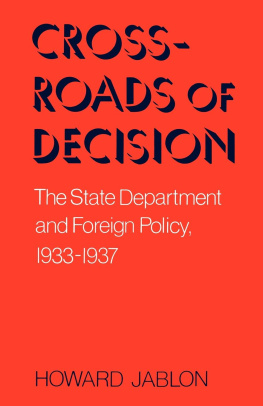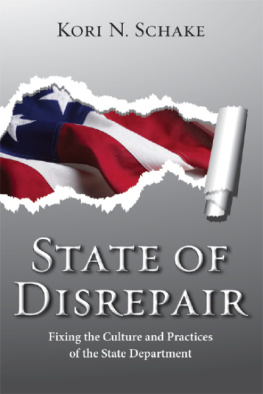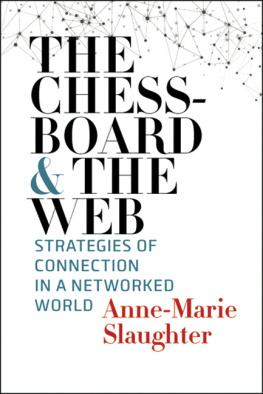Anne-Marie Slaughter - Unfinished Business: Women Men Work Family
Here you can read online Anne-Marie Slaughter - Unfinished Business: Women Men Work Family full text of the book (entire story) in english for free. Download pdf and epub, get meaning, cover and reviews about this ebook. year: 2015, publisher: Oneworld, genre: Home and family. Description of the work, (preface) as well as reviews are available. Best literature library LitArk.com created for fans of good reading and offers a wide selection of genres:
Romance novel
Science fiction
Adventure
Detective
Science
History
Home and family
Prose
Art
Politics
Computer
Non-fiction
Religion
Business
Children
Humor
Choose a favorite category and find really read worthwhile books. Enjoy immersion in the world of imagination, feel the emotions of the characters or learn something new for yourself, make an fascinating discovery.

- Book:Unfinished Business: Women Men Work Family
- Author:
- Publisher:Oneworld
- Genre:
- Year:2015
- Rating:5 / 5
- Favourites:Add to favourites
- Your mark:
Unfinished Business: Women Men Work Family: summary, description and annotation
We offer to read an annotation, description, summary or preface (depends on what the author of the book "Unfinished Business: Women Men Work Family" wrote himself). If you haven't found the necessary information about the book — write in the comments, we will try to find it.
When Anne-Marie Slaughter accepted her dream job as the first female director of policy planning at the U.S. State Department in 2009, she was confident she could juggle the demands of her position in Washington, D.C., with the responsibilities of her family life in suburban New Jersey. Her husband and two young sons encouraged her to pursue the job; she had a tremendously supportive boss, Secretary of State Hillary Clinton; and she had been moving up on a high-profile career track since law school. But then life intervened. Parenting needs caused her to make a decision to leave the State Department and return to an academic career that gave her more time for her family.
The reactions to her choice to leave Washington because of her kids led her to question the feminist narrative she grew up with. Her subsequent article for The Atlantic, Why Women Still Cant Have It All, created a firestorm, sparked intense national debate, and became one of the most-read pieces in the magazines history.
Since that time, Anne-Marie Slaughter has pushed forward, breaking free of her long-standing assumptions about work, life, and family. Though many solutions have been proposed for how women can continue to break the glass ceiling or rise above the motherhood penalty, women at the top and the bottom of the income scale are further and further apart.
Now, in her refreshing and forthright voice, Anne-Marie Slaughter returns with her vision for what true equality between men and women really means, and how we can get there. She uncovers the missing piece of the puzzle, presenting a new focus that can reunite the womens movement and provide a common banner under which both men and women can advance and thrive.
With moving personal stories, individual action plans, and a broad outline for change, Anne-Marie Slaughter reveals a future in which all of us can finally finish the business of equality for women and men, work and family.
Praise for Unfinished Business
Another clarion call from Slaughter . . . Her case for revaluing and better compensating caregiving is compelling. . . . [Slaughter] makes it a point in her book to speak beyond the elite.Jill Abramson, The Washington Post
Slaughters important contribution is to use her considerable platform to call for cultural change, itself profoundly necessary. . . . It should go right into the hands of (still mostly male) decision-makers.Los Angeles Times
Compelling and lively . . . The mother of a manifesto for working women.Financial Times
A meaningful correction to Sheryl Sandbergs Lean In . . . For Slaughter, it is organizationsnot womenthat need to change.Slate
Im confident that you will be left with Anne-Maries hope and optimism that we can change our points of view and policies so that both men and women can fully participate in their families and use their full talents on the job.Hillary Rodham Clinton
An eye-opening call to action from someone who rethought the whole notion of having it all, Unfinished Business could change how many of us approach our most important business: living.People
Anne-Marie Slaughter: author's other books
Who wrote Unfinished Business: Women Men Work Family? Find out the surname, the name of the author of the book and a list of all author's works by series.









